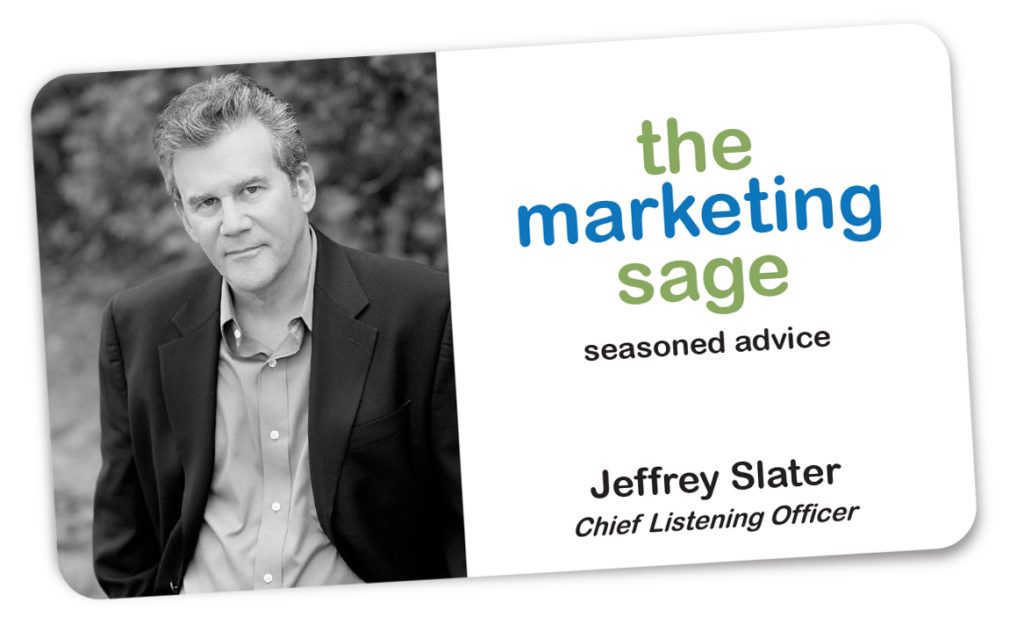I spend a lot of time with marketing experts. Like any profession, we use many acronyms, confusing words, and our share of distinctively meaningless phrases like digital transformation. But because marketing is our native language, it is so easy to push around a wheelbarrow of words that can confuse non-native speakers.
Remember, effective communication happens when you are understood, not when you speak.
Jason And His Automotive Services
Four years ago, I worked with a client who came to me with a simple problem. His clients didn’t know all the things he could do for them. They had pigeon-holed him into a box, and it limited his opportunity. He liked being an expert in one type of service but knew those same customers could buy other things from him.
He related a story to me about another marketing agency that he hired. Jason told me it was as if they spoke another language, and half the time, he didn’t understand much of what he was advising him to do.
What Language Does Your Client Speak?
Jason and I did some great work together to solve his challenges and to create new opportunities. The key to it was I didn’t speak marketing to him – I spoke his language. I was careful to use the words he used to describe his needs, challenges, and opportunities.
- We didn’t discuss inbound marketing. We talked about prospects coming to his website.
- I never said outbound marketing, and we discussed sending information via email to share stories about his product offerings.
- Neither of us ever talked about content marketing strategies – but we did talk about creating videos, testimonials from satisfied customers, and sharing practical tips about his products.
- Instead of developing a PPC strategy, we came up with a way to advertise his new services when someone searches for that information.
- I was careful to never mention a journey through digital transformation, too. Instead, we focused on using some new tools and techniques to get the word out.
Speak Your Customers Language
This is simple stuff.
Listen to the problems your clients or their customers have and hear the words they use. Find a way to help them without clouding your advice and wrapping it in marketing (or accounting, computer, or legal speak).
Jargon doesn’t help anyone and only makes things confusing.
Clients and customers have challenges to be solved. Unless they ask, they probably don’t want to know every tool in your toolbox or some fancy acronym in your marketing language.
Two summers ago, I needed my deck rebuilt. I had three contractors come by to provide a quote. I told them that my goal was to get the deck built by a specific date by someone with excellent references and a reasonable price.
Two of them spent an hour telling me about their tools and techniques. Sorry, but I still don’t know what a miter saw is – and I don’t care about it either. None of what they told me answered my question. Each bent my ear about their past work experience and about the people they learned their craft from when they were younger. They spoke carpenter, and I don’t understand that language.
The third guy walked around for ten minutes and said, I can get it done in three weeks, and here are my price and references.
Guess who I hired.
Listen to the question asked and learn to speak your customer’s language.
You can set up a time to chat with me about your marketing challenges using my calendar. Email me jeffslater@themarketingsage.com Call me. 919 720 0995. The conversation is free, and we can explore if working together makes sense. Watch a short video about working with me.
Photo by Christina @ wocintechchat.com on Unsplash





